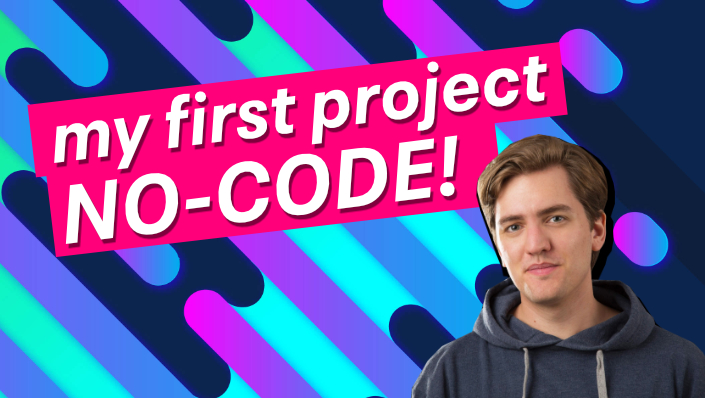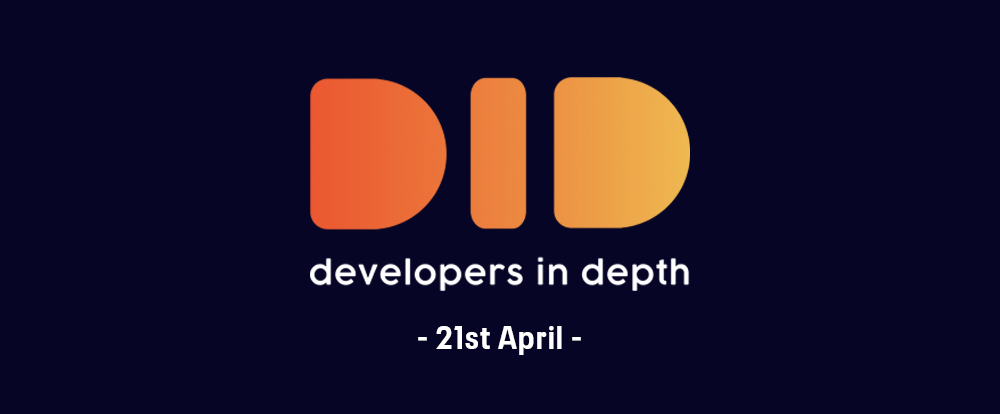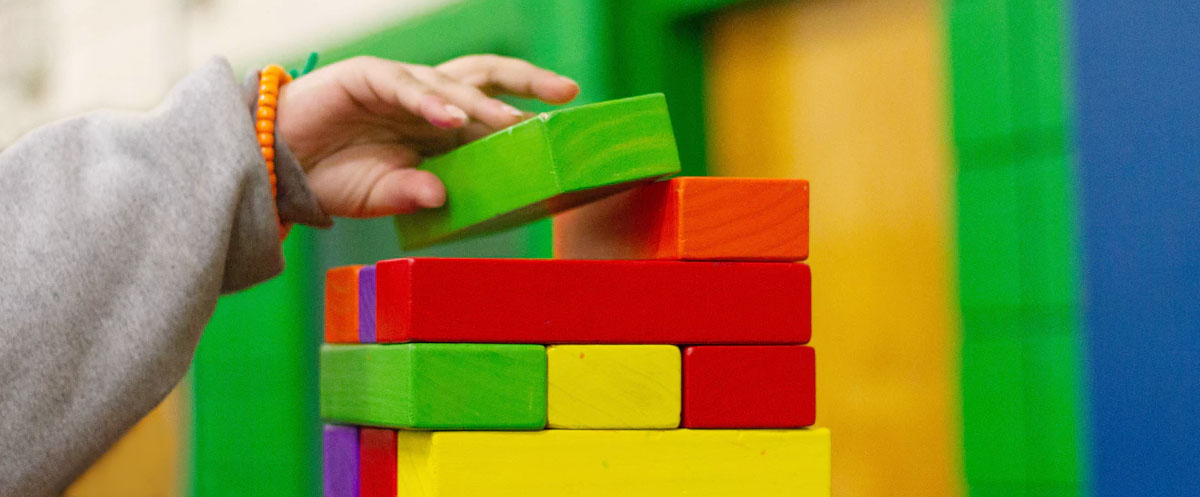In March this year, I won my first hackathon, organized by Facebook. Before this hackathon, I struggled to enjoy hackathons. I was so focused on winning that I forgot to get the most out of the experience.
After that hackathon, I become hugely addicted to electric scooters 🛴💨, but it helped me reflect on my previous experiences and come up with a list of ten tips to win and have fun in a hackathon.
All the articles in this series:
- Part 1: Mindset and Team Hunting. (this article)
- Part 2: Wow-factor idea and dev environment.
- Part 3: The first hour, MVCH (minimum viable crap hack) and the social hackathon.
- Part 4: Pitch, Judging and After the Hackathon
During PennApps, a college hackathon organized by UPenn, I was a mentor and speaker. Many hackers asked for help to win the hackathon, but I was honest: “Winning a hackathon is hard and usually random. Focus your energy on the things you can control: the experience, how much you learn, and how much fun you can have with your teammates.”.
Now that I’ve attended six hackathons (either as a hacker, mentor or speaker) and coached more than 20 hackers, I have discovered a common pattern to set up success in any hackathon. For this series I have interviewed judges, as well as hackathon winners.
So, whether you have attended many hackathons, or you are about to attend your first, here’s an overview of how to get the most out of your next hackathon experience!
Your Mindset – The 3 Ws and Not Thinking Blindly about Winning

In a medium-large hackathon with 700 participants and three winners, you have roughly a 0.4285% chance to win. Does this mean that winning a hackathon is impossible? Not at all, but your probability of winning is low. Getting obsessed with the idea of being the best will probably hurt or frustrate you.
Glenn Sun, one of the winners at PennApps of the Capital One prize, attended four times before winning: “This is my fourth time at PennApps and the first time I've ever won anything. I'm confident that anyone can win a hackathon if they keep coming back and learning more and more each time.”
So if winning should not be your primary focus, what should you focus on? I think Glenn mentioned a keyword: learning. One of the main goals of a hackathon is to let students gain practical experience of technical topics. A hackathon also helps students connect with companies towards filling tech internships, as well as network with other students.
The 3 Ws
Before going to your next hackathon, make a list answering the following questions:
- 📚 What do I want to learn? A new framework (React, Vue), how to use a particular API (Twilio, AWS, etc), a new programming language (Rust, Elixir, Go, JavaScript, Python), hardware (Arduino), Virtual Reality, Voice Recognition, TensorFlow…
- 🗣️ What do I want to improve? Public speaking, team leadership, communication…
- 👋 Who do I want to meet? Companies to get tech internships, mentors to get coaching or help, other hackers to keep expanding your network…
In my opinion, a healthy winning attitude is composed of: clear goals (the 3 Ws) and balancing your expectations. This will remove all the social pressure, and allow you to focus on the experience with a clear plan.
Team Hunting – Choose People You Would Like to Have Fun With
Virginia Burden Tower, an American writer, said: “Cooperation is […] a thorough conviction that nobody can get there unless everybody gets there.” I don’t know of any cool product that was entirely made by one individual. So whether you like it or not, if you want to make an ambitious and great product, you need to build a great team.
- Virginia Burden Tower

In a hackathon you will need to design, code, sell the idea… There are many skill sets involved, so my suggestion is to build a diverse team. There are several ways to find the right people to create your dream team:
-
🤝 Friends: Glenn Sun’s winning team was made up entirely of his friends: “We’re all from the same high school, we've been together for a few years now. I've never actually participated in team-building at hackathons because I think it's just a little more fun with friends.” I agree with Glenn; if you are really aligned with your friends, it could be awesome to spend a weekend together.
-
🎲 Random people: Siddhant Shenoy, winner of the best InsurTech at PennApps hackathon, met his team by chance: “I did not search for people with the right skills. I met a fellow USC student just before the hackathon and we decided to team up (so that we can leave together 😆)”.
Siddhant found his third and fourth team members through social media and a networking event in the hackathon: “I was contacted by my third team member on the Facebook group of the hackathon, and then I met the fourth guy at a networking event at the beginning of the hackathon.” -
✅ Friends + random: In the hackathon we won at Facebook, I was the friend of two of the five team members (Gloria Vázquez and Sinclert Pérez). Sinclert invited Daniel Fernández, a friend of his.
We met Madalina Parfene, the last member of the team, by chance. The organizer called me the day before to confirm our spots. I told her that we had one spot available, and she said Madalina’s team hadn’t shown up. So I said yes! In tip three, I’ll tell you why Madalina was so important for the team.
Align Visions

Once you have the dream team, it’s really important to be aligned on the outcome of the project you want, and what each of you want to learn. Avoid working with assholes, and remember that excellent project execution will be the differential factor when judging your hack, so think twice about who you team up with.
As you can see, you can win and have fun using one of the three strategies mentioned above. So don’t overthink it. As a quick recap: you can work with your friends, find your dream team using social media, via Facebook or Linkedin groups for the hackathons, or you can attend networking events during the hackathon. Always make sure you give a quick intro about you, your skills and what you want to learn.
Mindset and Team Hunting Summary
In the very first chapter of The Definitive Guide for Hackathons, we covered two important topics. First, I introduced The 3 Ws, as a framework to allow you to focus on the experience with a clear plan.
Then, we saw strategies to build a successful team. You can either work with friends, random people you network in the hackathon or a mix of both. Finally, we heard the stories from Glenn Sun and Siddhant Shenoy, as well as my personal story on how I changed my mindset to focus on the experience, rather than winning.
Continue With Part Two: Wow-factor Idea And Dev Enviroment
In the next chapter Wow-Factor Idea and Dev SetUp, we are going to understand how to find an amazing idea for your next hackathon as well as tips to set up your development environment before start hacking.
In the meantime, a quick homework for you: Write down two or three ideas of the things that you wanna learn in your next hackathon, and join at least five Facebook group and Slack channels with other hackers.
What are your tips for a hackathon? Tweet me or email me your feedback and thoughts 🙌
On Twitter: @JGFerreiro
On Instagram: Jorge Ferreiro
On Linkedin: https://www.linkedin.com/in/jgferreiro/









